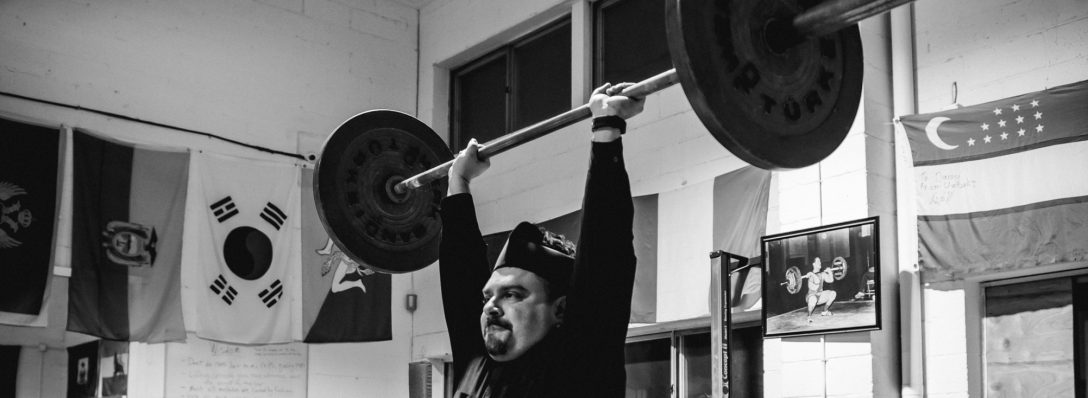Overturning the tables in the temple was probably the main reason Jesus got nailed to a cross.
The story seems to indicate a severe separation of commerce and church. Money in church? No way! Take it out!
However, I don’t think that the problem of money is the primary message. More crucial was the nature of trust. In overturning the tables, Jesus challenged how and who we are expected to trust.
Nate Silver, the writer in one of my favorite blogs, reports in the General Social Survey that people are losing their faith in everything. Only 20% of people have trust in organized religion – down 10% from 30% in 2000. Just a little more trust than in banks.
That’s not very reassuring if you’re in the organized religion business. And we only forgive sins, not debts.
I don’t think the lack of trust is an entirely a bad thing. Given the number of clergy scandals, even in White Plains, suspicion makes sense. But trust is how we are still called to live.
Jesus was redefining who we are to have trust in.
Overturning the temples was a pretty important symbolic act. At core, following Joseph Schumpeter, Jesus’ act represented creative destruction. Jesus predicted the temple will be destroyed and replaced by a body.
It may undermine the idea that holiness is bought; but Jesus also seems to undermine the ritual itself. When he overturns the tables, it may be that Jesus locates true transformation not first in the temple, or through commerce, but in his body. Transformation is embodied, and participating in the life of God means beginning with your own. It may require creative destruction.
Sometimes an alcoholic realizes they cannot stop drinking after an event of creative destruction. Then they are called to continue rupturing their entire context to keep sober. They stop going to bars; they end their destructive contexts. They begin a long process of recalibrating their habits and renewing themselves. This is hard work. But they can then begin to trust themselves around drink after a time of training themselves differently.
Perhaps this is what we are living through now – this time of creative destruction. out of the broken shards of the old church, a new one will be born. Even in our own parish, people who have left congregations that they could not trust, are rebuilding a new community. And perhaps this church will represent, with God’s grace, the hope of a new generation.

Published by